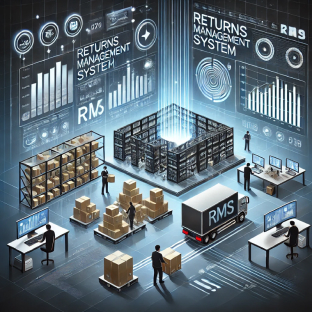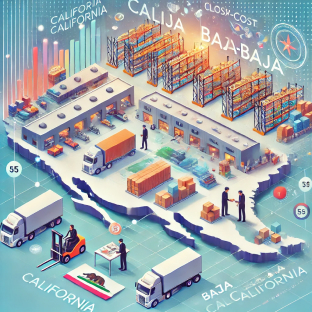Deliver a seamless, data-driven returns experience that boosts customer satisfaction, reduces costs, and maximizes profitability.
Simplify the process for customers with branded portals and self-service options.
Collect valuable data to identify patterns, reduce waste, and prevent future returns.
Minimize labor and operational costs with streamlined processes.


Returns management is the systematic process of handling product returns from customers. This encompasses everything from the moment a customer initiates a return to the final stage where the returned product is either restocked into inventory, disposed of, or refurbished.
Importance of Returns Management:
Prosper Fulfillment employs a comprehensive returns management process that ensures a seamless experience for both businesses and their customers:
Optimizing the returns process offers a multitude of benefits for businesses:
Prosper Fulfillment provides businesses with valuable data insights derived from the returns process:
Prosper Fulfillment employs several strategies to ensure cost efficiency in returns management:
Absolutely, effective returns management can significantly impact profitability:
